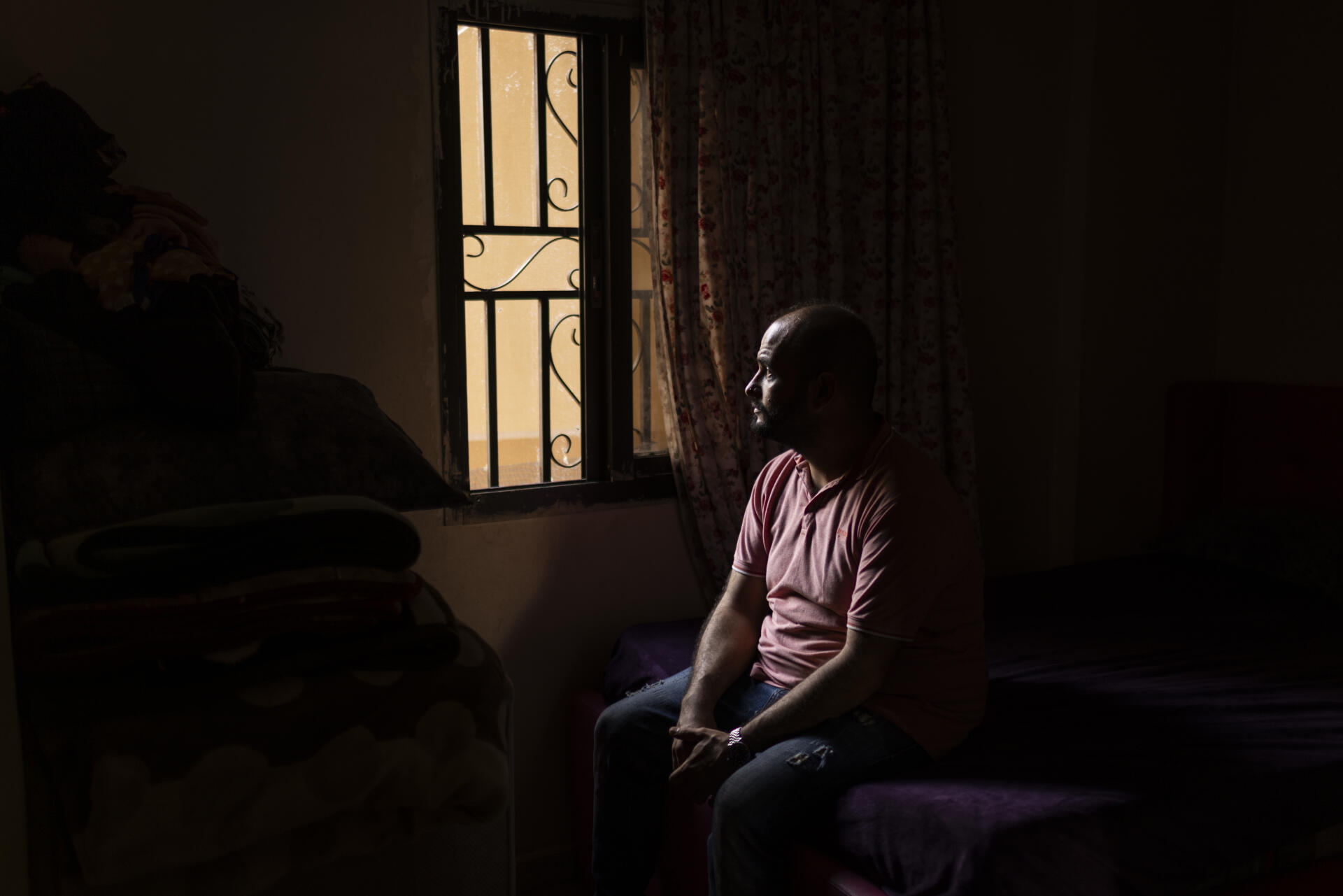Youssef Abbas did not hesitate for a second when war broke out between Hamas and Israel on October 7. From his house in Aïtaroun with “view of Palestine”, 400 meters from the demarcation line between Lebanon and the Jewish state, memories of 2006 came flooding back: the war so sudden, his parents stuck in the village for two weeks due to the roads being cut, and his own anguish, stuck in Beirut. Even before the first exchanges of fire between Hezbollah and the Israeli army, the 34-year-old Lebanese entrepreneur took on board his wife and his 3-year-old son, his sister-in-law and her four children from Canada, and the three children from a friend.
They took refuge in a friend’s apartment on the heights of Aaramoun, twenty kilometers south of Beirut, crammed 25 into 100 square meters. Today they are not “only twelve left”. With the few savings that were not eroded by the economic crisis, Youssef Abbas set out to find a rental in Aley, a little higher in the Druze mountains. “I was asked for my references and details of my identity card, to find out my religion. I avoided the questions: I’m an atheist, it’s even worse than Shiite here! »declares with a laugh the young man, a communist like his mother who fought the Israelis in the ranks of the party, during the occupation of southern Lebanon (1978-2000).
From $400 a month, apartment prices in Aley doubled as fighting intensified along the border. “I am financially comfortable, but at this price, I cannot rent for more than two months. My landscaping business is at a standstill and our olive harvest is lost. It will be cheaper for me to go to Jordan”, continues Youssef Abbas. He continues to search, especially since the inhabitants of Aley have been more welcoming since the Druze leader, Walid Jumblatt, spread the slogan of solidarity with the displaced people in the south of the country.
Reluctance towards Hezbollah
“Walid Jumblatt sent messages to Hassan Nasrallah through emissaries. We support the Palestinian cause, it’s in our DNA. Whatever happens in the South, you will find in us brothers and neighbors, but do not let yourself be drawn into war.”, summarizes Marwan Hamadé, a Chouf deputy close to the Druze leader. This outstretched hand does not remove the reluctance towards the Party of God. “Hezbollah seeks to impose its domination on other communities. There is no question that the Druze mountain will transform into a political or military platform for Hezbollah with the influx of refugees from the South.he warns.
You have 65% of this article left to read. The rest is reserved for subscribers.
